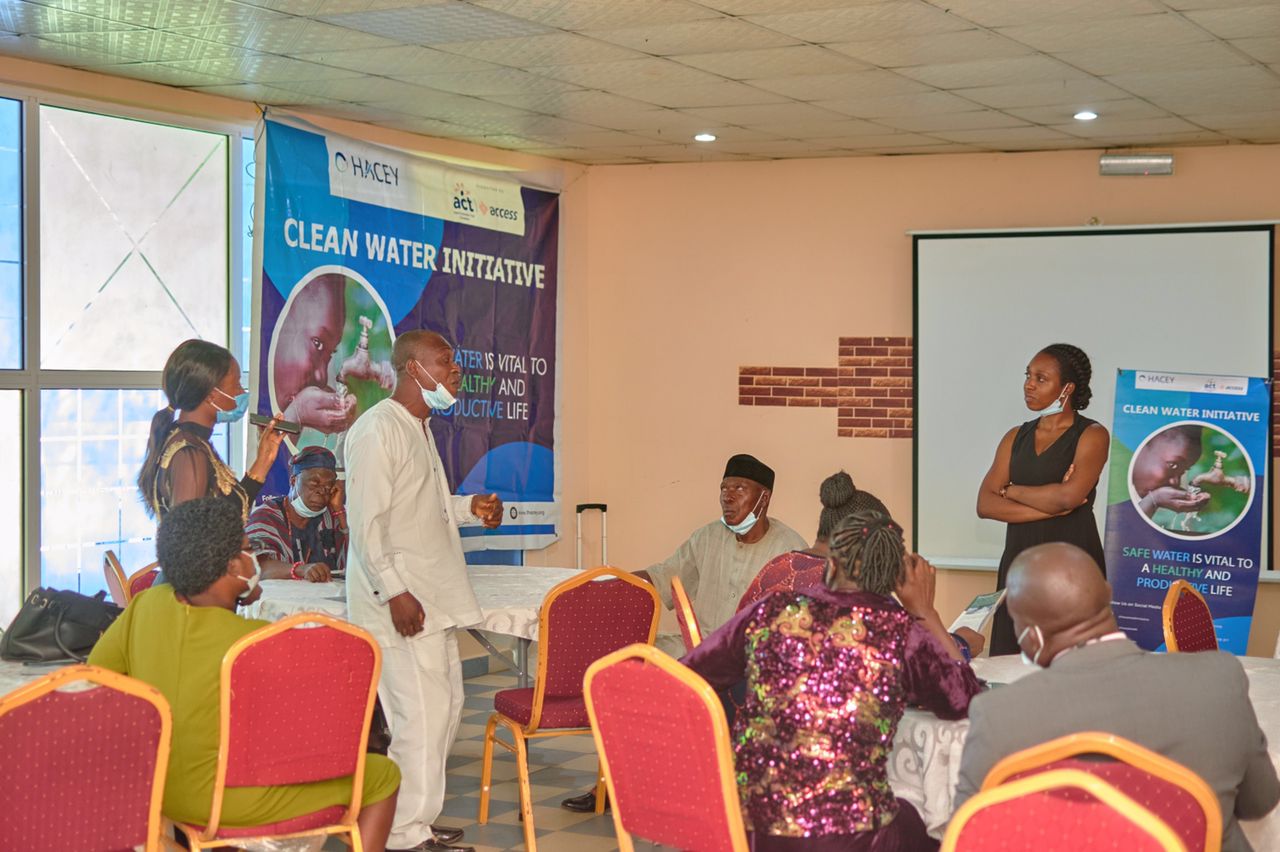 A NON-GOVERNMENTAL organisation, HACEY Health Initiative, has called for partnership with the primary health care centres, schools and the community in establishing structures to improve water, sanitation, and hygiene behaviours.
A NON-GOVERNMENTAL organisation, HACEY Health Initiative, has called for partnership with the primary health care centres, schools and the community in establishing structures to improve water, sanitation, and hygiene behaviours.
The Project Lead for the organisation, Chioma Osakwe, made the call at a capacity building workshop held in Imo and Delta states.
The workshop was to build the knowledge of health and education workforce as well as community leaders on safe water, proper sanitation and hygiene practices.
Osakwe said some impacts of poor access to WASH facilities include increased incidence of maternal and neo-natal mortality, prevalence of water-borne diseases, school absenteeism among girls and minimised earning potential due to poor health.
She advised stakeholders to take more active roles in promoting proper water, sanitation and hygiene practices among students and women who visit the health centres.
Also speaking, its Executive Director, Rhoda Robinson, said global index shows that about 40 per cent of health facilities lack water supplies, 19 per cent do not have improved sanitation and 35 per cent are without hand hygiene materials.
Robinson said: “In Nigeria, 29 per cent of health care facilities do not have access to safe water and toilets, and 16 per cent do not have hand washing facilities with soap according to WHO and UNICEF. This compromises the ability of the health facility to provide basic and routine services such as child delivery and the ability to prevent and control infection.”
“Clean Water Initiative project has successfully increased the availability of basic WASH information and services in five primary health care centres and five public schools across Ondo, Imo and Delta states through the installation of electricity powered boreholes and hand-washing stations and capacity building sessions on safe water and proper sanitation and hygiene practices.”



